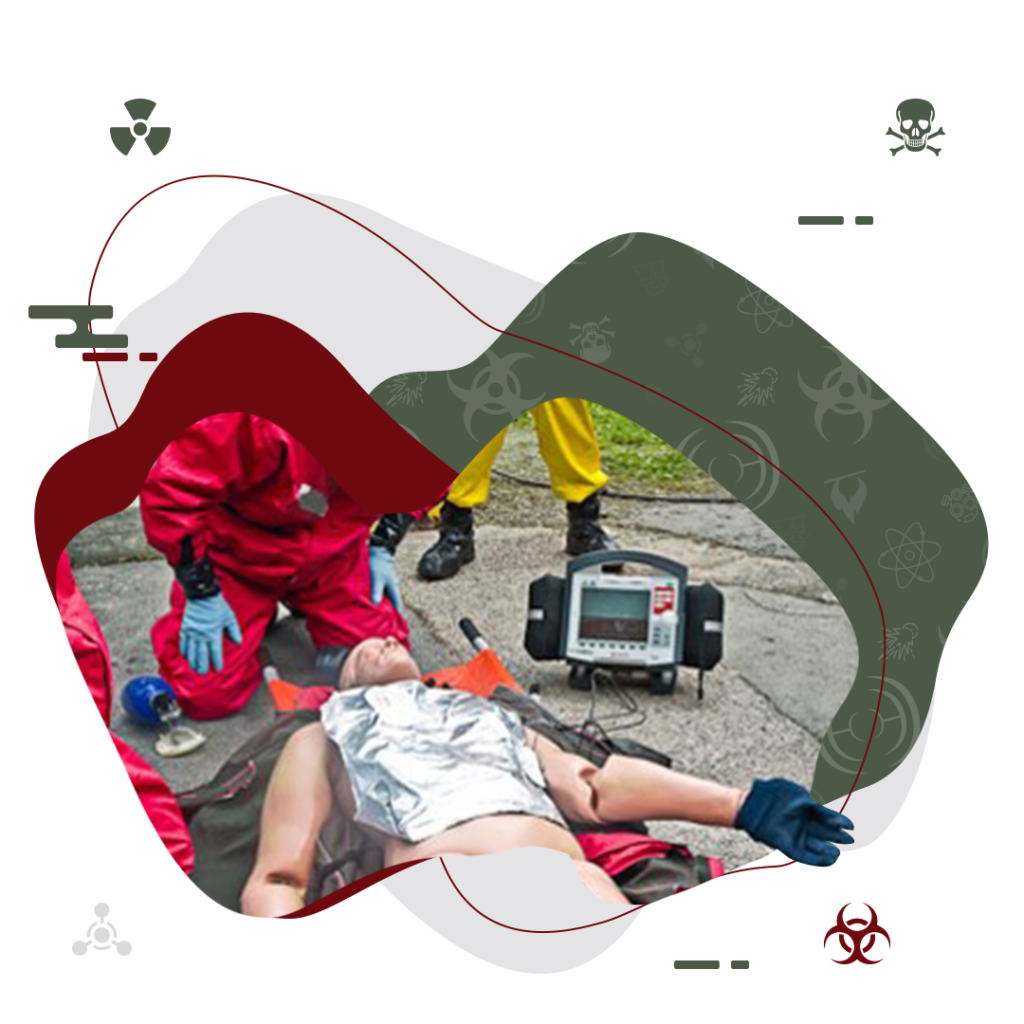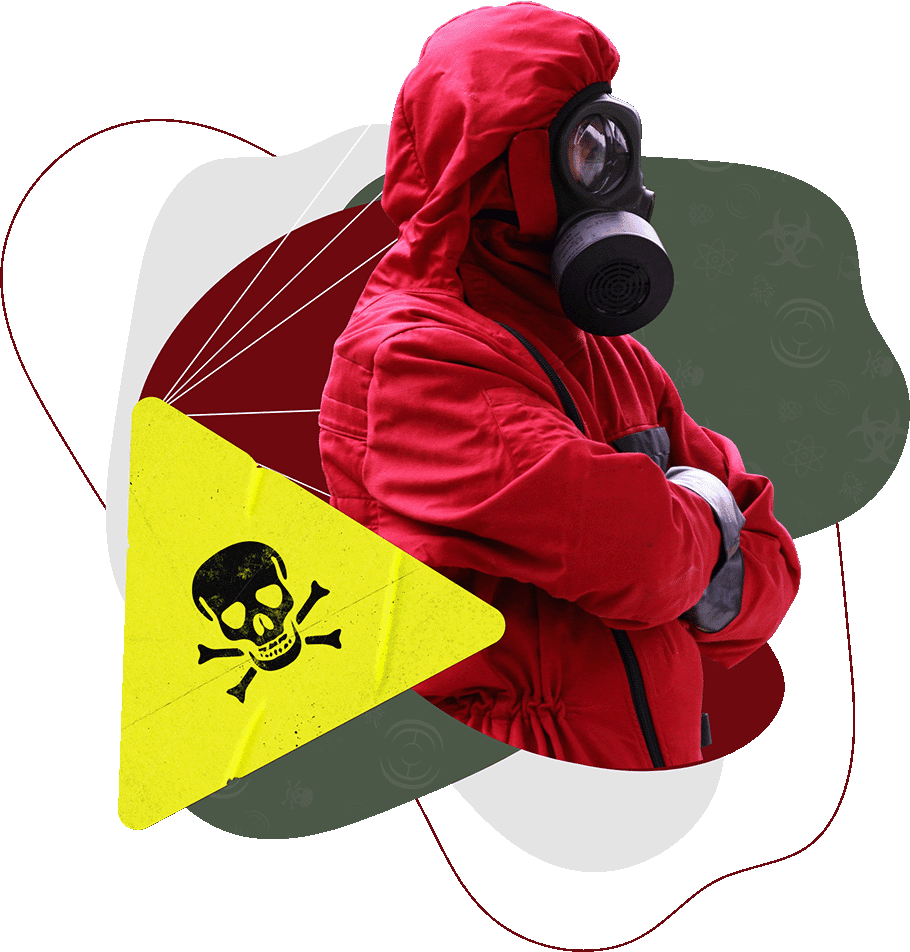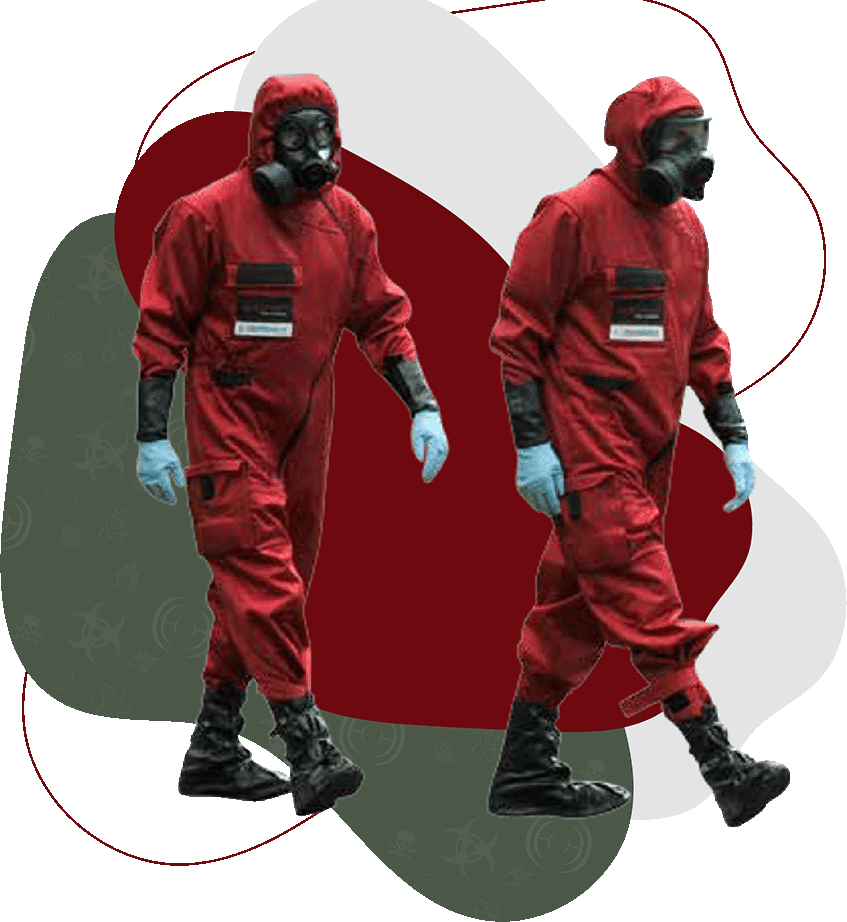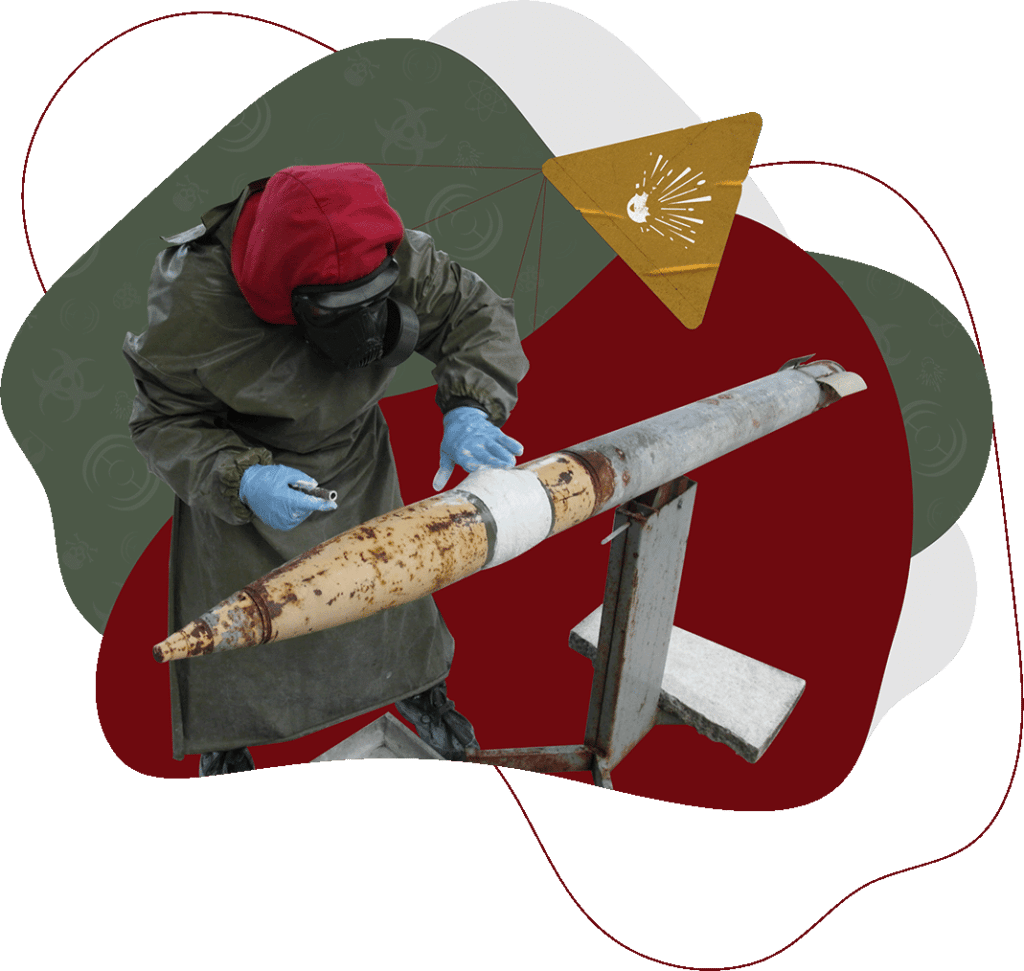Check Our
Analysis of Environmental Samples
We aim to make the world a safer place by providing state of the art training, equipment, security and consulting services to the CBRNE response and environmental protection community.
Introduction
Environmental Samples
- Analytical procedures for determining of pollutants in the environment are known and recognized as standard analytical procedures, however, determining individual compounds in natural samples can represent challenges and difficulties even for experienced analysts. Samples from the environment demand through preparation and an in depth knowledge of the analysts instrumentation.
- Common difficulties for the analytical chemist include:
- Natural samples are complex mixtures.
- Concentrations may have to be intensified.
- Many natural chemical events act as interferons.
- Requirement to know the law.


Training within
Substances Used
- Analytical practice will be done in the first instance with non-harmful substances and then controlled quantities of harmful substances commonly found in the environment using a selection of different matrixes; these include:
- Pesticides.
- Heavy metals.
- Organic industrial solvents.
- Polychlorinated biphenyl – PCB.
- Mineral oils.
- depleted uranium.
HZS NUMBERS
the most trustworthy and reliable in the industry
Our intention is then to widen the spectrum of our services to not only include onsite vocational and applied training but also equipments and international organisations.
+
0
Years Of Experience
+
0
Professional Course
+
0
Qualified Expert
+
0
Hour of knowledge
Course Structure
Analytical Theory
- Characteristics of the given compounds and potential locations.
- Toxic characteristics of each compound group.
- Matrixes attributes, relative to analytical techniques.
- Characteristics of microbiological contamination and microorganisms.
- Analyzing microbiological samples.


Course Structure
Demonstrations
- Instrumental and classic techniques for determining all of the given compound groups in given matrixes; to include:
- Gas chromatography with ECD and FID.
- Mass spectrometry.
- HPLC and ion chromatography.
- Infrared spectroscopy.
- Atomic absorption spectroscopy: graphite tube, flame, hydride and cold steam technique.
- ICP-OS.
Get Started Now!
We believe that every person has the potential to achieve success. That's why we offer a free consultation to discuss your individual goals and create a customized plan to help you achieve them.

